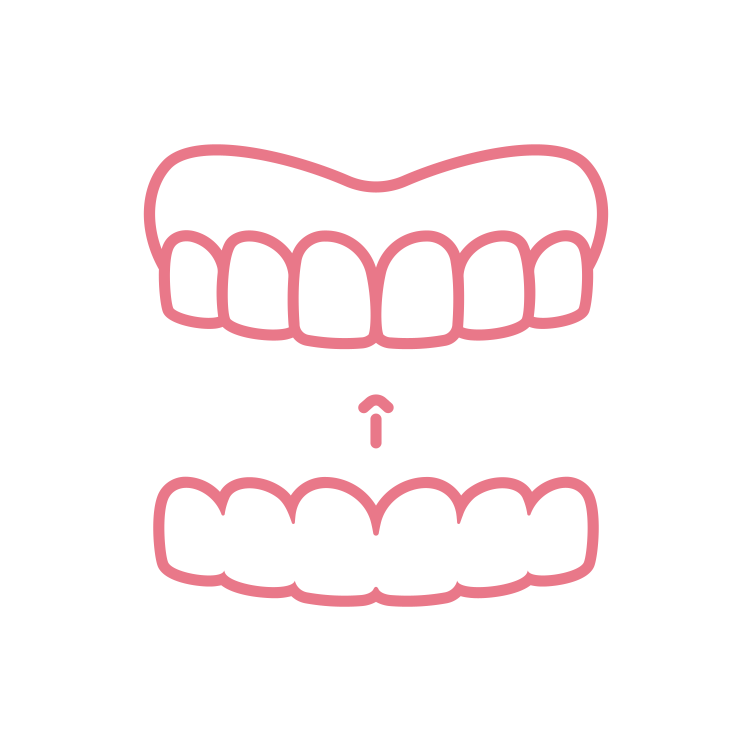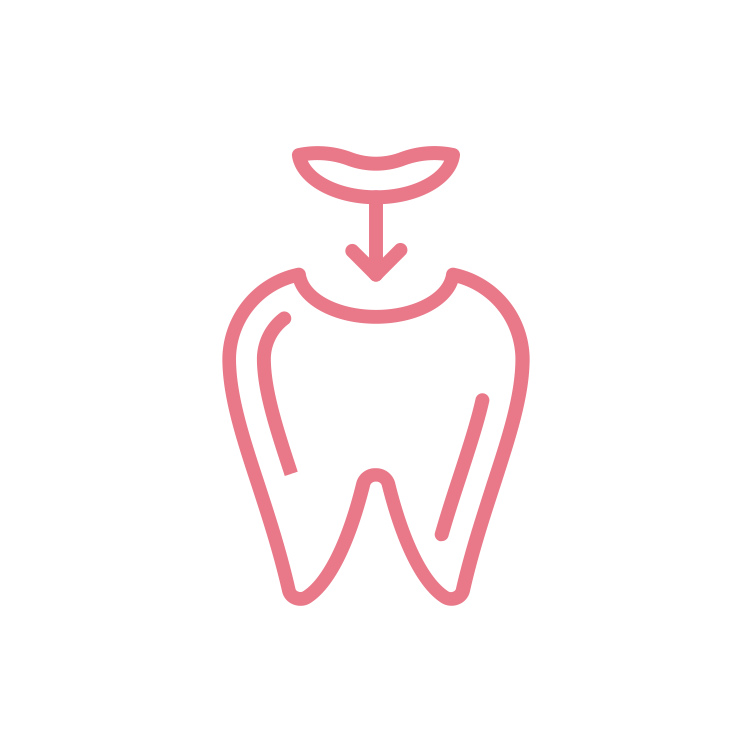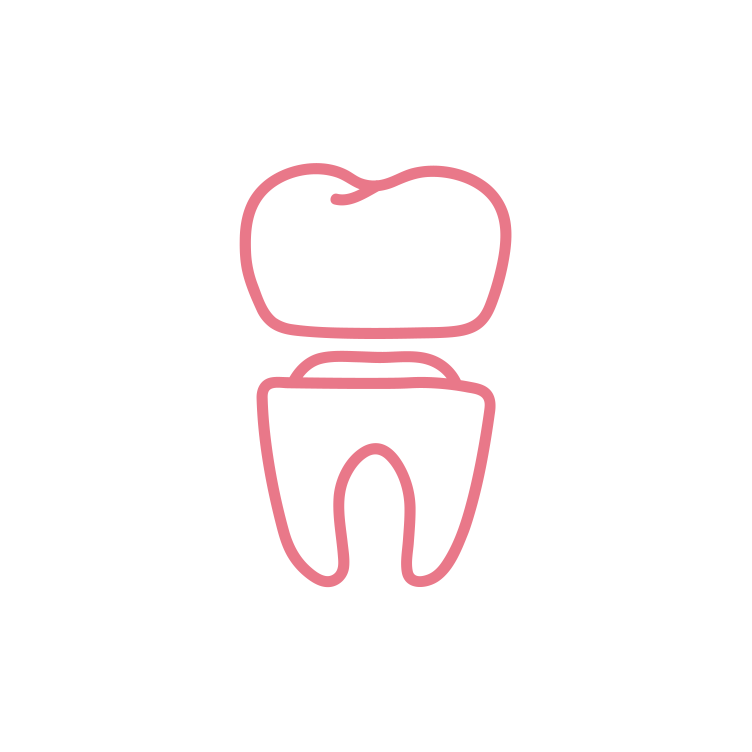A periodontal exam is one of the best-proven ways of assessing your oral health for gingivitis. The dentists do so by examining teeth, gums, bites, and bone structure. They also look for plaque and other risk factors inside the mouth. With the help of periodontal exams, the dentist can diagnose gingivitis, gum diseases, and periodontitis. Other major oral disorders that can be examined using this test are tooth grinding, receding gums, tooth decay, bleeding gums, exposed tooth, and so on. Do you want to know more about periodontal exams? Keep reading!
What Does the Dentist Examine with Periodontal Exam?
When conducting a periodontal exam, a dentist checks a couple of things related to your mouth. Firstly, they look for any lumps in the mouth's soft tissues. They also check for abnormal or rough areas in the mouth. Once done, they see if all teeth are intact and tight. Then they also check the shape, color, size, and texture of the gums.
One of the most important steps of a periodontal exam is looking for plaque. The dentist checks which portions of your mouth are infected by plaque. The test also helps them determine if the patient has any implants, fillings, crowns, bridges, or dentures. Lastly, they check the gap between the teeth and gums.
The results of all these tests help them get a clear picture of your oral health. After going through the reports, the dentist decides what further treatments and medications you need.
What is the Use of Periodontal Exam?
A periodontal exam is conducted to see if you have any signs of periodontal disease. If you are diagnosed with gingivitis, you are in the first stage of periodontal disease. To see if the inflammation has spread to other parts of the mouth, X-rays are conducted by the dentist.
If the dentists treat gingivitis on time, you will not catch the periodontal disease. But if you do not cure it, the inflammation will keep spreading. Soon the condition will worsen. That is why dentists do not waste any moment taking action. Instead, they prescribe you proper medications to cure gingivitis. Usually, antibiotics like minocycline, doxycycline, and tetracycline work effectively against gum disease. But if that’s not enough, the dentists will take other necessary steps on time.
To make sure you prevent gum disease at all costs, visit the dentist regularly. Regular checkups will ensure you have good oral health, keeping gingivitis at bay.
So book your appointment today with Dr. Jeanne V. Devi, DDS. Call us at (626) 795-2544 or visit our website for more details. We are located at 595 E Colorado Blvd Suite 603, Pasadena, CA 91101.










